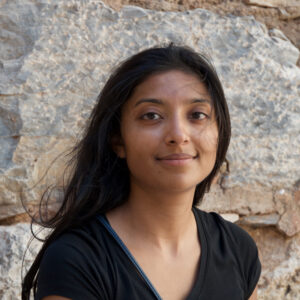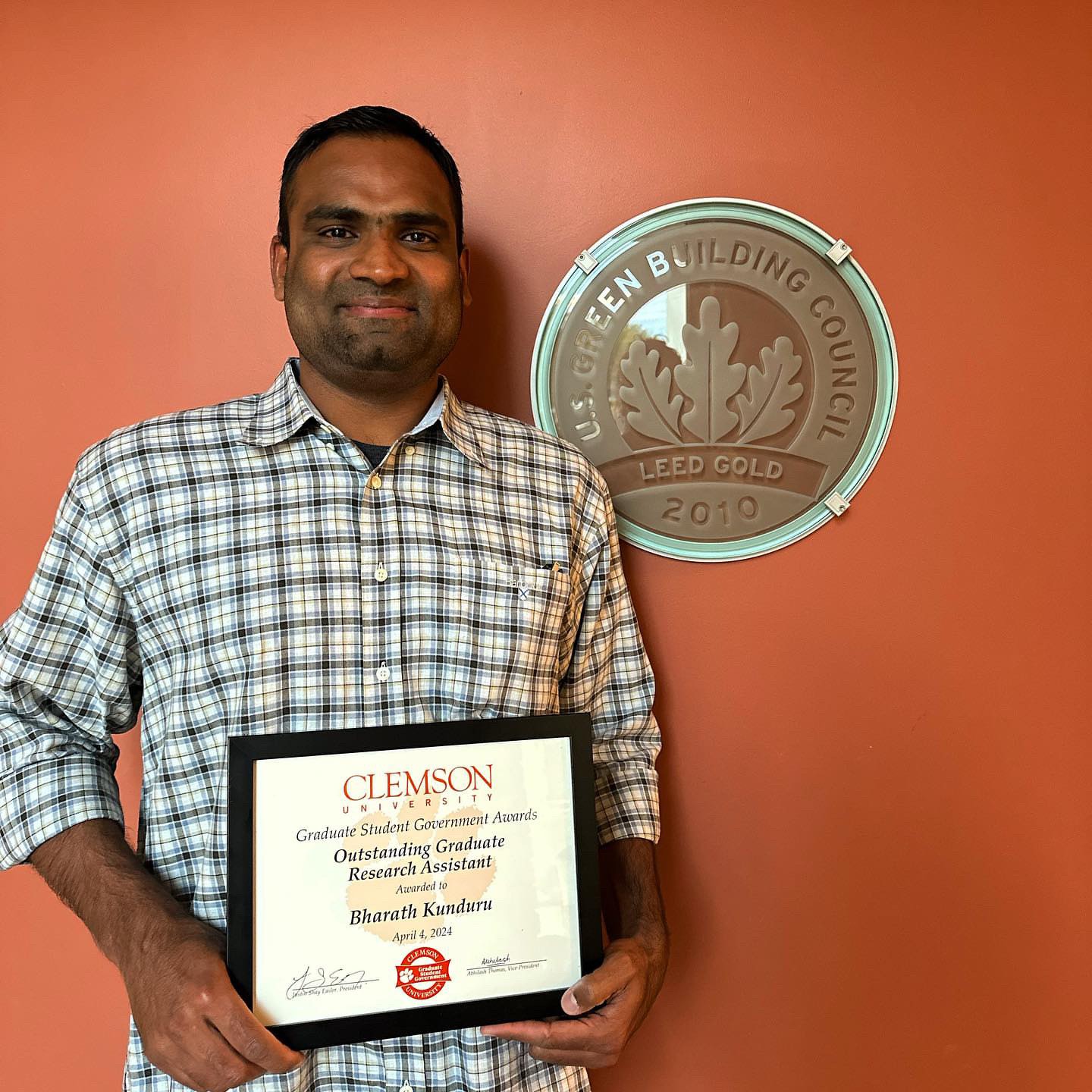
The Department of Genetics and Biochemistry is excited to welcome two new tenure track assistant professors and a new lecturer to their departmental faculty: Drs. Manuel Fierro, Andrew Jezewski and Kristina Mercer.
Dr. Manuel Fierro is currently a post-doctoral researcher with Dr. Josh Beck in the Roy J. Carver Department of Biochemistry, Biophysics, and Molecular Biology at Iowa State University and will be joining the department and Eukaryotic Pathogens Innovation Center (EPIC) as a tenure track assistant professor. His research has been focused on characterizing the essential protein trafficking machinery in Plasmodium, a genus of parasites that cause malaria in humans. We look forward to Dr. Fierro joining us this October.
Dr. Jezewski is currently a postdoctoral fellow in Damian Krysan’s Lab in the Stead Family Department of Pediatrics at the University of Iowa. Like Dr. Fierro, he will be joining the department and Eukaryotic Pathogens Innovation Center (EPIC) as a tenure track assistant professor. Dr. Jezewski brings a wealth of knowledge and expertise in the field of eukaryotic pathogens. We are excited to have Dr. Jezewski joining the department officially in January 2025.
Dr. Mercer comes to us with 25 years of experience as a research scientist at Emory University, five years as a public health scientist at the Centers for Disease Control and Prevention, and three years as a lecturer of biology and course coordinator of biology labs at Kennesaw State University. We are thrilled to welcome Dr. Mercer, who will begin teaching BCHM/GEN 3040 this fall semester in August 2024 as a lecturer for the department.
Please join us in welcoming Drs. Fierro, Jezewski and Mercer to the Genetics and Biochemistry, the College of Science and the Clemson University family!






